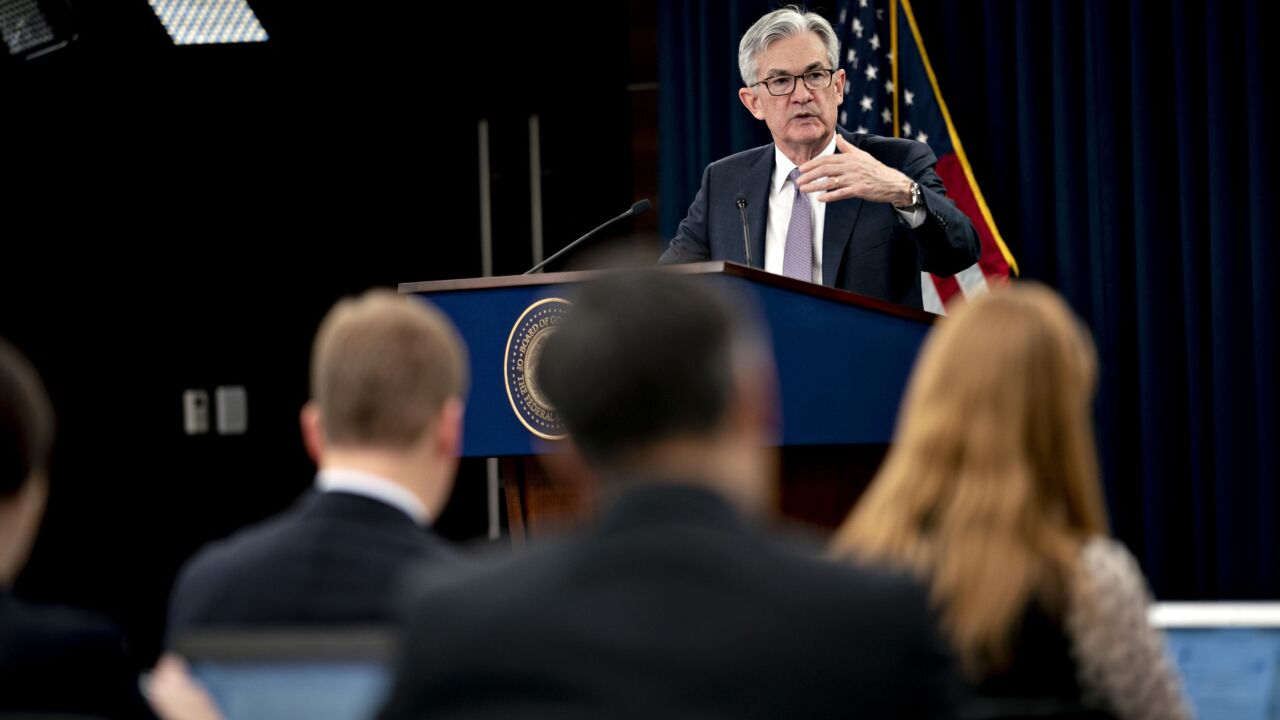The popular Chase Sapphire Reserve credit card is about to get more expensive.
JPMorgan Chase is boosting the annual fee for customers to $550 from $450 as it adds new perks with partners such as DoorDash and Lyft, according to bank spokeswoman Ashley Dodd. For new cardholders, the increased annual fee will go into effect on Jan. 12, while existing customers will pay the new fee once their cards renew starting April 1.

The increase follows a move by rival American Express in 2017, when the company raised the fee on its Platinum card to $550 after adding benefits like a $200 annual Uber credit to its bevy of benefits. The two firms have been battling for premium millennial customers since 2016, when JPMorgan debuted the Sapphire Reserve.
JPMorgan said Tuesday that it's adding the perk of a year of lower DoorDash fees, and on Wednesday said it'll give Sapphire Reserve customers $120 in statement credits for the food-delivery service. The bank also will partner with Lyft to offer Sapphire Reserve members a free year of Lyft Pink, a new monthly membership program from the ride-sharing app, as well as 10 points per dollar spent with the company, Dodd said.
The bank is trying to lure new customers by targeting services that are surging in popularity. JPMorgan said customers more than doubled their spending on food-delivery services in the past year, with the average person ordering in a least once a month. Most Sapphire Reserve customers use ride-hailing apps at least once a week, according to a person with knowledge of the matter who asked not to be identified discussing internal data.
Since JPMorgan introduced the luxury card, industry watchers have wondered how the bank could make money on it while still offering generous benefits like three points per dollar spent on dining and travel, which can be redeemed for more than one cent per point. Analysts at Sanford C. Bernstein & Co. estimated in 2016 that the bank wouldn't break even on its investment in the card for more than five years.
Many of the world's biggest card issuers have been scaling back perks and introductory offers in recent months as the industry begins to prepare for an eventual downturn in consumer credit. Last year, Citigroup Inc. discontinued free trip insurance and price-protection guarantees on its U.S. cards, and AmEx's chief executive said last month that the war for premium consumers has begun to level off.





